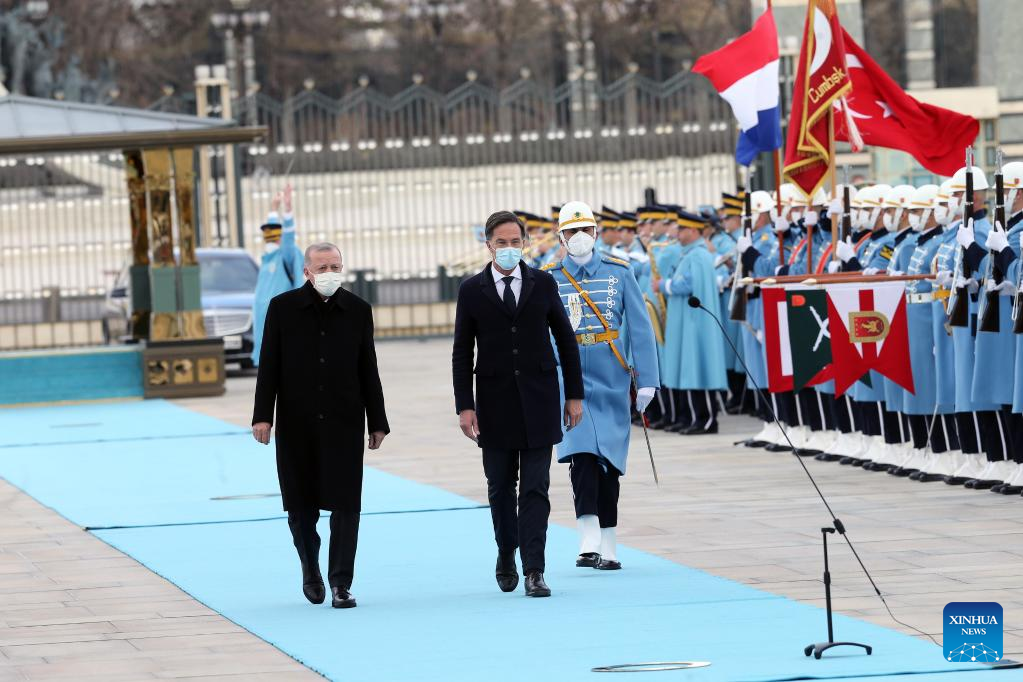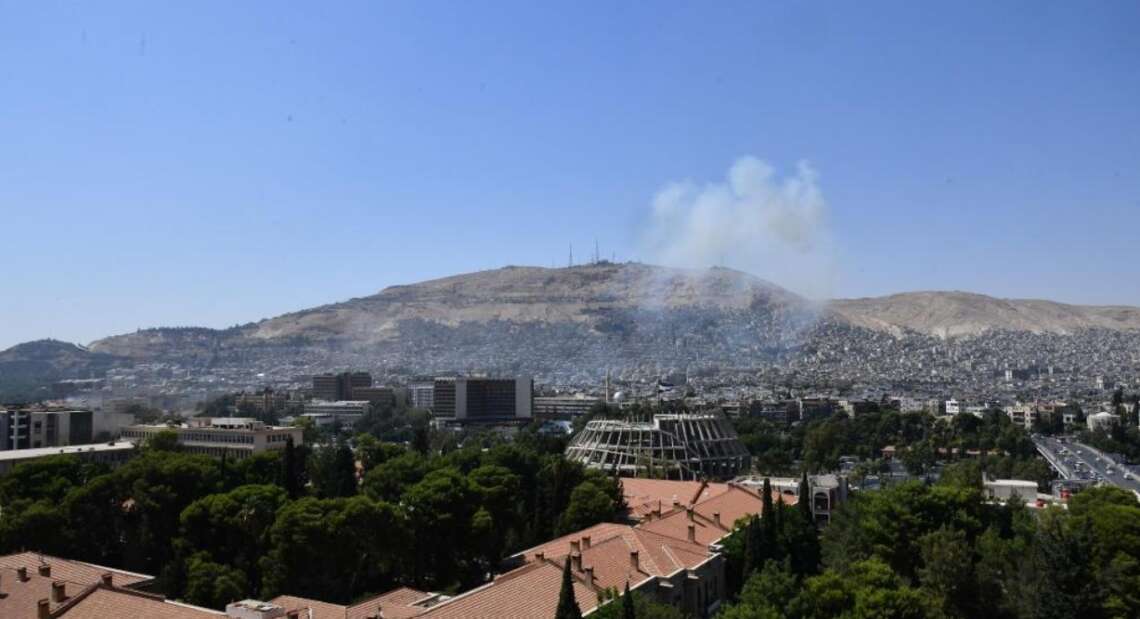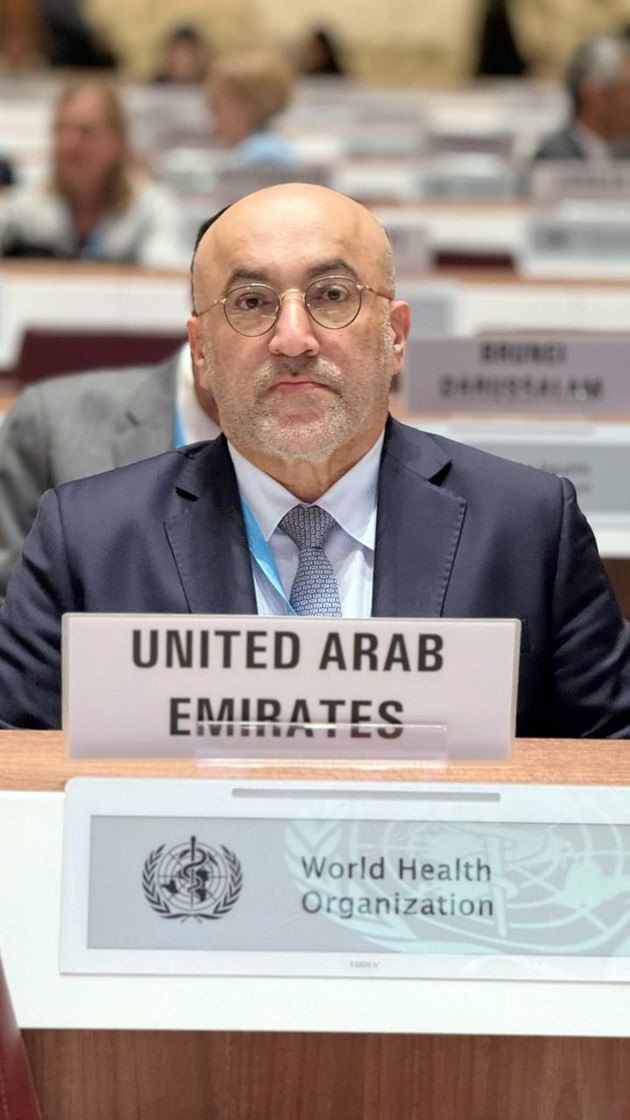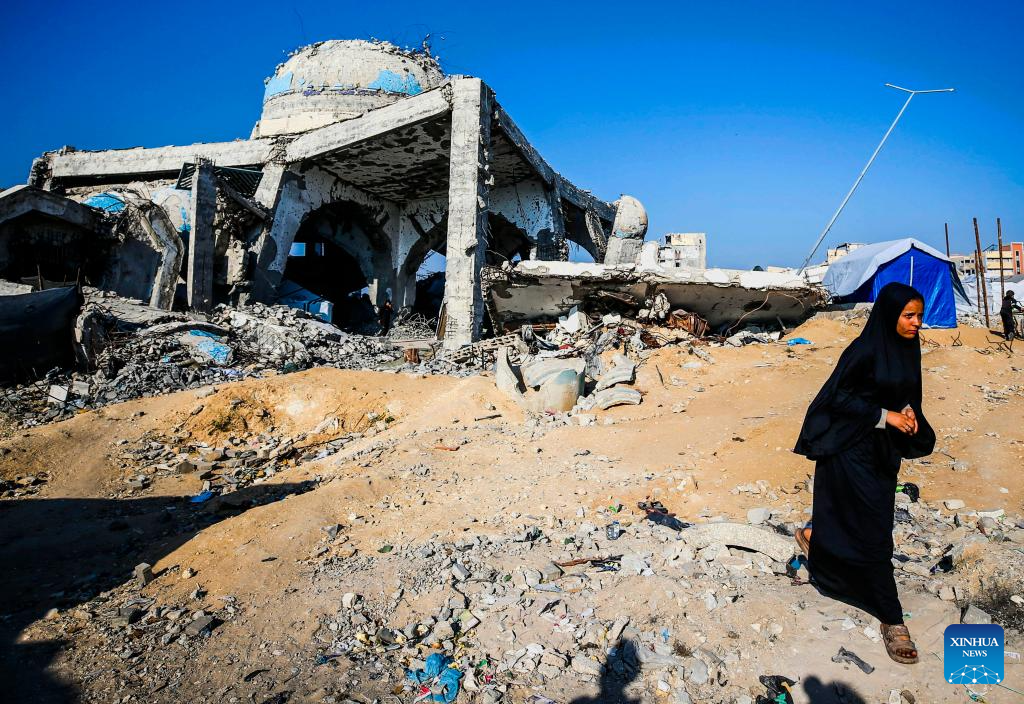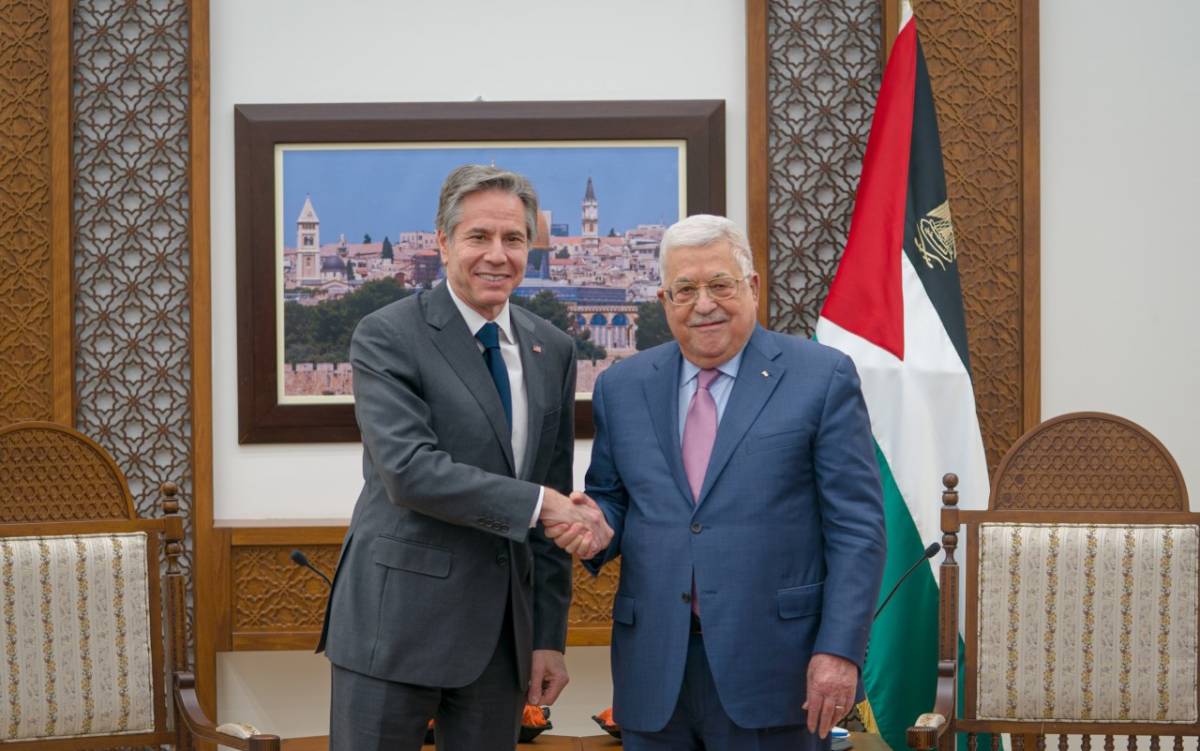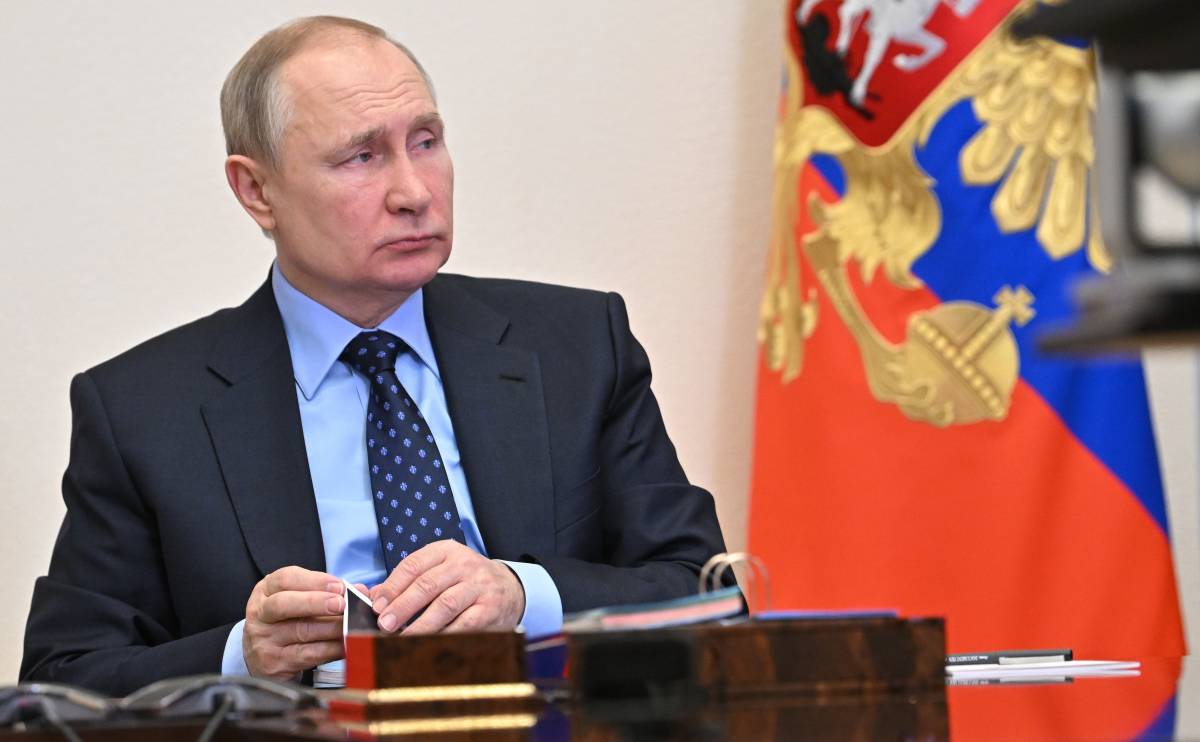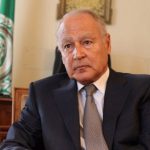US bio-labs are across the world. 336 such laboratories in about 30 countries, including 26 in Ukraine, receive funding from the Biological Threat Reduction Program, part of the U.S. Department of Defense’s Cooperative Threat Reduction (CTR) Program.
Turks recently voiced their concerns over U.S.-run biological laboratories in multiple countries, which have posed a significant threat to human health and the environment.
Retired Admiral Turker Erturk told Xinhua that such facilities are one of the biggest problems facing humanity today.
“During my tenure, I knew that NATO (the North Atlantic Treaty Organization) had no warehouse for biological weapons. Only related protection measures and doctrine have been taught,” said Erturk, who served as commander of the Turkish Naval Academy between 2008 and 2010.
If such labs exist, they are within Washington’s hidden capabilities, Erturk said. “I hope these have not been used and are not planned to be used.”
As shown by publicly available data, 336 such laboratories in about 30 countries, including 26 in Ukraine, receive funding from the Biological Threat Reduction Program, part of the U.S. Department of Defense’s Cooperative Threat Reduction (CTR) Program.
However, these facts have hardly been revealed by mainstream media in Turkey, a NATO member who joined the alliance in 1952.
After hearing of the shocking amount of U.S.-run bio-labs, Sedat Kochan, 35, was at first speechless for a moment.
“This is a grand danger, a very big danger,” he repeatedly said, adding that these labs should be immediately taken under control.
Abdurrahman Kalemdar, a 60-year-old Istanbul resident, shared his concern with Xinhua that if such bio-labs are real, they would be a disaster for the world.
“As far as I know, there was nothing left that has not happened to us because of America. You know what happened in the Middle East,” he said, referring to the U.S. military presence in Syria, Iraq, and Afghanistan.
“I want peace in the whole world. Let everyone live in their own country, not interfere here or there,” Kalemdar said.
ALSO READ:Arab League condemns Israel’s ‘systematic aggression’ in Jenin
Tunay Guzelad, who works at a dental clinic in Istanbul, was worried about the lab-issue-triggered fear in society, especially after a “very brutal” period like the pandemic, which has mentally and financially worn out many people across the world.
This will create a massive pressure on the world, Guzelad said, adding “I believe that the Americans will have a say against this issue.”
Earlier, Korkut Ulucan, a Turkish specialist in medical biology and genetics, told Xinhua that such laboratories must be accessible to international scientific committees, and their activities need to be audited by multiple independent organizations to prevent any leaks.


